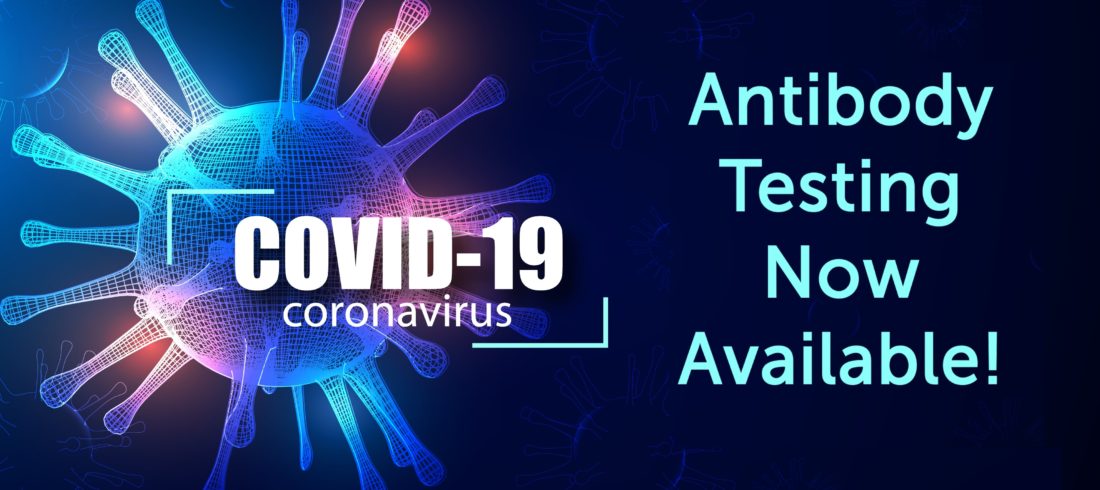Premier Medical Group is now offering COVID-19 antibody testing. This test may help determine if an individual was exposed to the virus that causes COVID-19 and, if so, whether or not their body has developed antibodies.
What is Antibody Testing?
Antibody testing checks your blood by looking for antibodies, which may tell you if you had a previous infection with the virus that causes COVID-19. Antibodies are proteins that help fight off infections and can provide protection against getting that disease again (immunity). An antibody test may not be able to show if you have a current infection, because it can take 1-3 weeks after infection to make antibodies.
How are Antibody Tests Performed?
Antibody tests are blood tests that are conducted through a simple blood draw. The blood is then sent to Premier’s Clinical Lab to be inspected for the IgG/IgM antibodies. It may take up to 5 days to get results from your ordering provider.
What is the Cost for Antibody Testing?
Medicaid, Medicare, and many commercial insurance companies are covering costs for the administration of a COVID-19 antibody (serology) test during the health crisis. Coverage is changing daily, so we recommend contacting your insurance company to confirm your cost.
What Do Your Results Mean?
If you test positive
- A positive test result shows you may have antibodies from an infection with the virus that causes COVID-19. However, there is a chance a positive result means that you have antibodies from an infection with a virus from the same family of viruses (called coronaviruses), such as the one that causes the common cold.
- Talk with your healthcare provider about your test result and the type of test you took to understand what your result means. Your provider may suggest you take a second type of antibody test to see if the first test was accurate.
- You should continue to protect yourself and others since you could get infected with the virus again.
- If you work in a job where you wear personal protective equipment (PPE), continue wearing PPE.
- You may test positive for antibodies even if you have never had symptoms of COVID-19. This can happen if you had an infection without symptoms, which is called an asymptomatic infection.
If you test negative
- You may not have ever had COVID-19. Talk with your healthcare provider about your test result and the type of test you took to understand what your result means.
- You could still have a current infection.
- The test may be negative because it typically takes 1–3 weeks after infection for your body to make antibodies. It’s possible you could still get sick if you have been exposed to the virus recently. This means you could still spread the virus.
- Some people may take even longer to develop antibodies, and some people who are infected may not ever develop antibodies.
Regardless of whether you test positive or negative, the results do not confirm whether or not you are able to spread the virus that causes COVID-19. Until we know more, continue to take steps to protect yourself and others.

